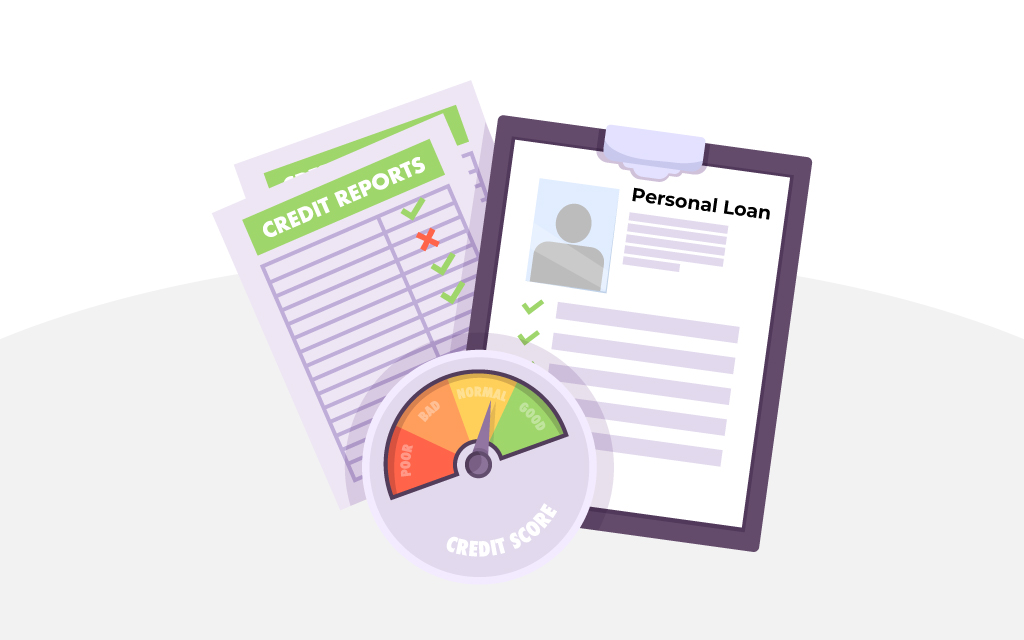What is a credit score?
A credit score is a depiction of an individual’s creditworthiness to repay debt. It shows the ability of the borrower to pay back the borrowed amount to the potential lender. This score usually ranges between 300-850 where the higher the score the greater chances to get a loan with better interest rates.
A credit score is based on the credit history of the borrowers. India has four major credit information organizations that are licensed by the RBI (Reserve Bank of India). These are CIBL (Credit Information Bureau Limited) of India, Experian, Equifax, and Highmark. Out of these CIBL’s credit ranking is the most popular.
These credit bureaus calculate the scores of the borrowers through credit history including several factors such as the number of accounts open, the total level of debts, repayment, credit requirements, length of your credit history so on and so forth.
TIP: When you apply for a loan in a Non-Banking Financial Company NBFC’s, make sure you have a high credit score. This will ensure you get your desired loan amount, with lower interest rates and your desired term to repay the same.
- How to have a good credit score?
You can have a good credit score generally by maintaining certain credit repayment factors such as:
- Timely payment of Equated Monthly Instalments (EMI)
- Full payment of EMI’s
- Regular payment of credit card dues
- Lower credit utilization*
*Credit utilization ratio is the amount or proportion of the total credit card limit used by the credit cardholder.
- What damages your credit score?
Some factors that highly affect your credit card scores:
- Delayed payments (even one)- Delayed payments make your credit score suffer. With even one delay your credit lending authorities would notify the credit-reporting agencies of the same.
- Application for more credits when you already have one.
- Holding high credit card values i.e., when your credit card balance is close to your credit limit. Lower the credit balance, better.
- Bankruptcy i.e., unemployment leading to missed payments.
- Not maintaining your credit report.
How does your credit score impact your loan application?
Credit score affects directly to your loan application. Higher your credit scores the more eligible you’ll be to get approved for the loan you need.
These are some factors that you didn’t know would affect your credit score:
- A credit score plays a major and important role in the approval of the loan amount. It is as important as your employment history or salary script.
- Loan repayment history. Good repayment history= good credit score.
- The loan account is being charged off. When you fail to pay your bills on time you are charged by the creditors a sum that is usually deducted for non-payment of the bill or late payments. This deduction is one of the worst incidents that may reflect on your credit scores.
- Third-party involvement. When you fail to repay the loan amount at all sometimes, the lenders use third-party involvement for the amount collection. This affects your credit score deeply thereby creating hurdles for your loan approval.
- Closing your credit cards. Even if your credit card is not in use make sure you hold onto it as closing your credit card. If you apply for credit card closure with a balance outstanding in it. The value limit of your credit card becomes INR 0.00. That affects your credit scores.
- Keep a check on your credit report. Regulating and keeping a check on your credit report helps you get aware of your credit scores on a regular basis. And that helps you improve your credit score accordingly.






